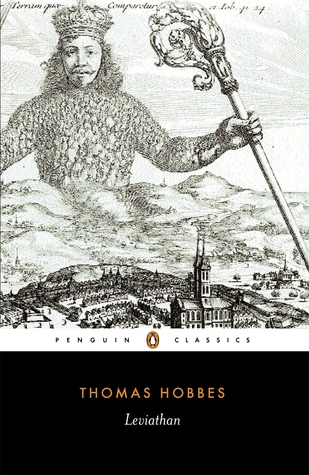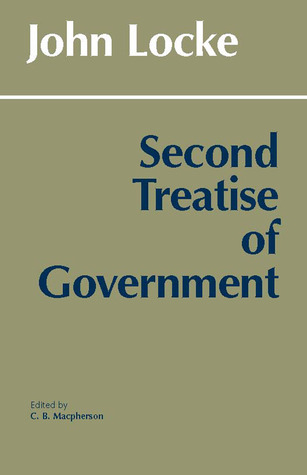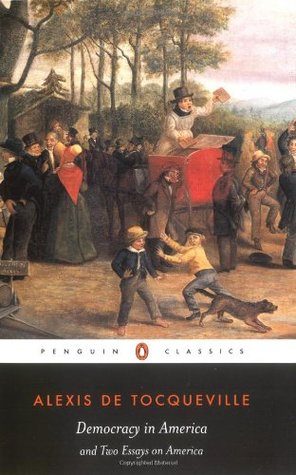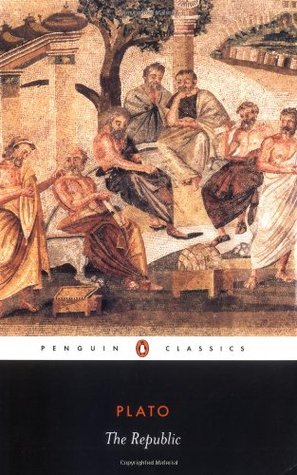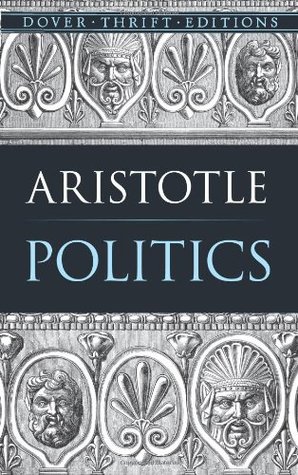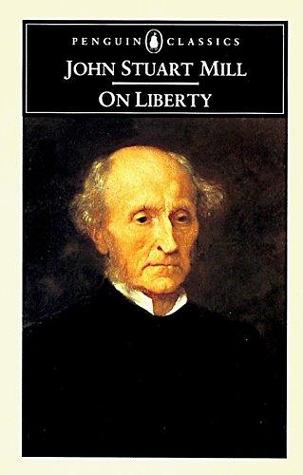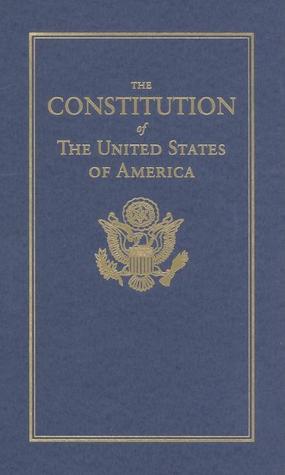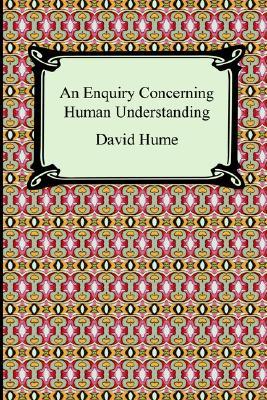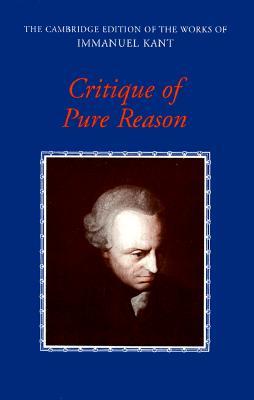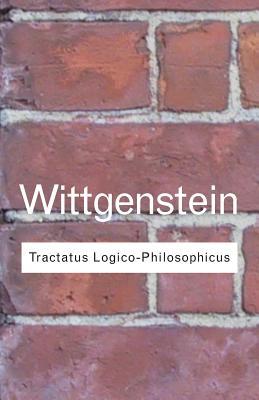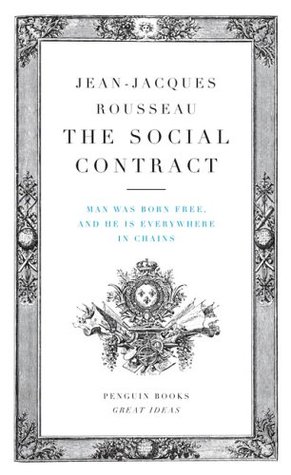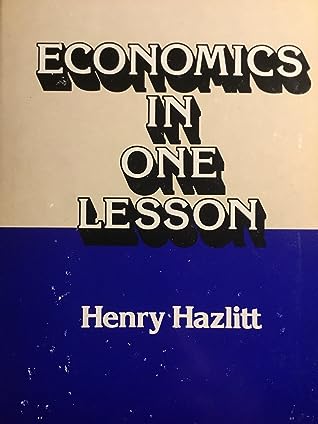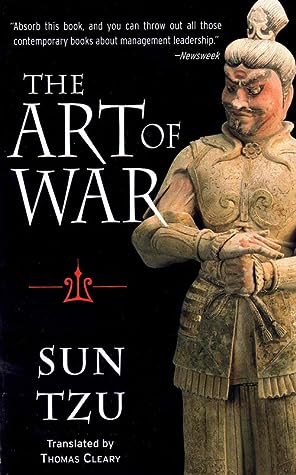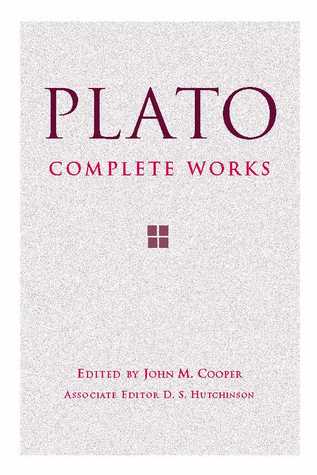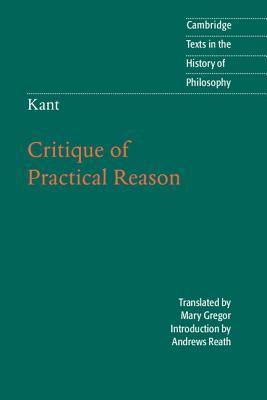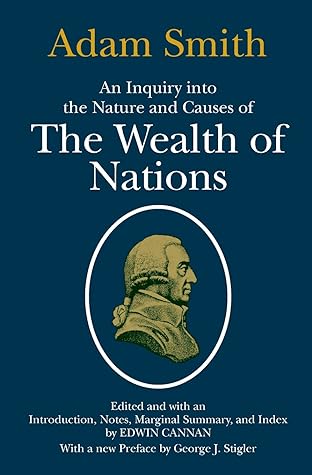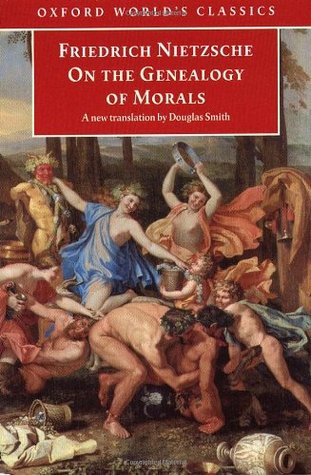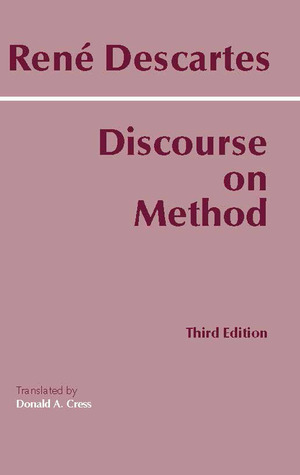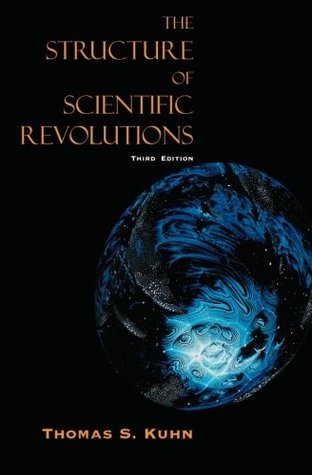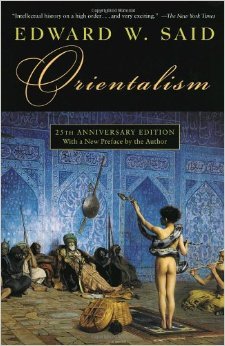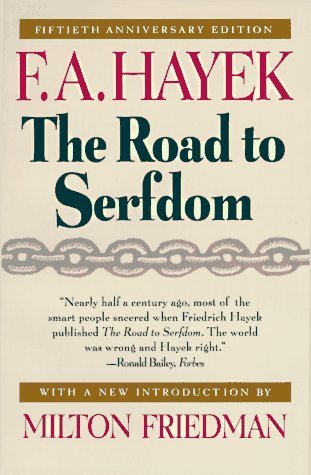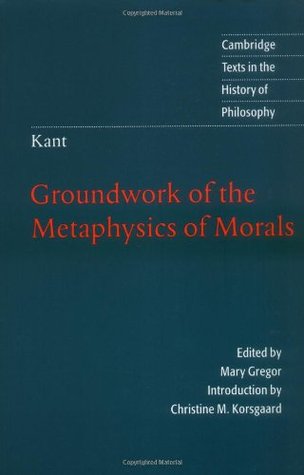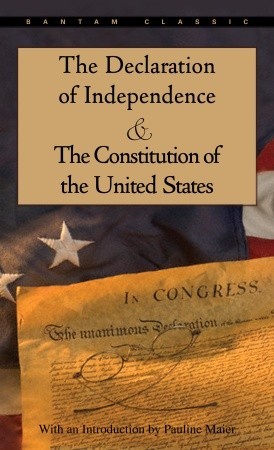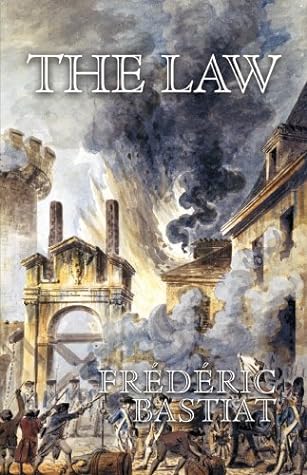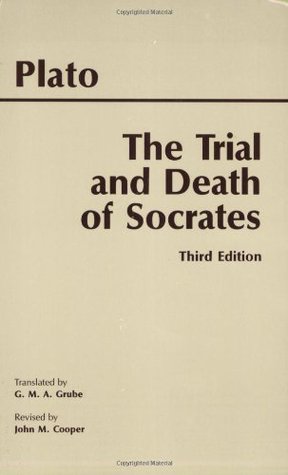Powered by a book like {foo}
Recommendations based on Two Treatises of Governmentby John Locke
* statistically, based on millions of data-points provided by fellow humans
Leviathan
by Thomas Hobbes
Philosophical exploration of the nature of power and justice in a state of nature.
'The life of man, solitary, poore, nasty, brutish, and short' Written during the chaos of the English Civil War, Thomas Hobbes' Leviathan asks how, in a world of violence and horror, can we stop ... (Goodreads)
Second Treatise of Government
by John Locke
A philosophical inquiry into the nature of government and the rights of citizens.
The central principles of what today is broadly known as political liberalism were made current in large part by Locke's Second Treatise of Government (1690). The principles of individual liberty, ... (Goodreads)
Democracy in America
by Alexis de Tocqueville
A study of the political and social structure of the United States and its implications.
Democracy in America has had the singular honor of being even to this day the work that political commentators of every stripe refer to when they seek to draw large conclusions about the society of ... (Goodreads)
The Republic
by Plato
A philosophical discourse on justice, examining morality, politics, and virtue.
Presented in the form of a dialogue between Socrates and three different interlocutors, this classic text is an enquiry into the notion of a perfect community and the ideal individual within it. ... (Goodreads)
The Nicomachean Ethics
by Aristotle
An exploration of virtue and morality, providing guidance on how to live a good life.
‘One swallow does not make a summer; neither does one day. Similarly neither can one day, or a brief space of time, make a man blessed and happy’ In the Nicomachean Ethics , Aristotle sets out to ... (Goodreads)
The Prince
by Niccolò Machiavelli
A timeless political treatise on the art of acquiring and maintaining power.
Machiavelli needs to be looked at as he really was. Hence: Can Machiavelli, who makes the following observations, be Machiavellian as we understand the disparaging term? 1. So it is that to know the ... (Goodreads)
Politics
by Aristotle
Analysis of the structure and nature of governments and the pursuit of justice.
What is the relationship of the individual to the state? What is the ideal state, and how can it bring about the most desirable life for its citizens? What sort of education should it provide? What ... (Goodreads)
On Liberty
by John Stuart Mill
Exploration of freedom of thought and expression, and the importance of individual rights.
Alternate cover edition of ISBN 9780140432077 Published in 1859, John Stuart Mill's On Liberty presented one of the most eloquent defenses of individual freedom in nineteenth-century social and ... (Goodreads)
The Constitution of the United States of America
by Founding Fathers
Analysis of the core values of the United States, enshrined in the Constitution.
The complete text of the United States Constitution, including all of the amendments. This inexpesnive pamphlet edition is sure to be prized by Americans of all ages. ... (Goodreads)
An Enquiry Concerning Human Understanding
by David Hume
Analysis of the nature of human understanding, challenging existing philosophical and religious beliefs.
An Enquiry Concerning Human Understanding, is a book by the Scottish empiricist philosopher David Hume , published in English in 1748. , It was a revision of an earlier effort, Hume's A Treatise of ... (Wikipedia)
Critique of Pure Reason
by Immanuel Kant
Exploration of the limits of human reason and its limitations in understanding nature.
'The purpose of this critique of pure speculative reason consists in the attempt to change the old procedure of metaphysics and to bring about a complete revolution', Kant's Critique of Pure Reason ... (Goodreads)
Tractatus Logico-Philosophicus
by Ludwig Wittgenstein
A philosophical treatise on language, logic, and the limits of human understanding.
Perhaps the most important work of philosophy written in the twentieth century, Tractatus Logico-Philosophicus was the only philosophical work that Ludwig Wittgenstein published during his life. ... (Goodreads)
The Social Contract
by Jean-Jacques Rousseau
Exploration of the relationship between a government and its citizens, and the rights of individuals.
"Man is born free; and everywhere he is in chains." These are the famous opening words of a treatise that has not ceased to stir vigorous debate since its first publication in 1762. Rejecting the ... (Goodreads)
Economics in One Lesson: The Shortest & Surest Way to Understand Basic Economics
by Henry Hazlitt
Exploring the principles of economics, helping readers gain a better understanding of the subject.
A million copy seller, Henry Hazlitt’s Economics in One Lesson is a classic economic primer. But it is also much more, having become a fundamental influence on modern “libertarian” economics of the ... (Goodreads)
The Art of War
by Sun Tzu
Ancient Chinese military treatise outlining strategies for success in battle.
Twenty-Five Hundred years ago, Sun Tzu wrote this classic book of military strategy based on Chinese warfare and military thought. Since that time, all levels of military have used the teaching on ... (Goodreads)
Plato: Complete Works
by Plato
Collection of ancient Greek philosopher Plato's dialogues, discussing morality, knowledge and truth.
Outstanding translations by leading contemporary scholars–many commissioned especially for this volume--are presented here in the first single edition to include the entire surviving corpus of works ... (Barnes & Noble)
Critique of Practical Reason
by Immanuel Kant
Kant's examination of the nature of practical reason and its role in guiding human action towards moral ends.
This seminal text in the history of moral philosophy elaborates the basic themes of Kant's moral theory, gives the most complete statement of his highly original theory of freedom of the will, and ... (Goodreads)
An Inquiry into the Nature and Causes of the Wealth of Nations
by Adam Smith
An exploration of the economic principles underlying the development of nations.
Adam Smith's masterpiece, first published in 1776, is the foundation of modern economic thought and remains the single most important account of the rise of, and the principles behind, modern ... (Goodreads)
Pensées
by Blaise Pascal
Reflections on faith, reason and the human condition, presenting a defense of Christianity.
Blaise Pascal, the precociously brilliant contemporary of Descartes, was a gifted mathematician and physicist, but it is his unfinished apologia for the Christian religion upon which his reputation ... (Goodreads)
Common Sense, The Rights of Man and Other Essential Writings
by Thomas Paine
A collection of essays advocating for the natural rights of mankind and the establishment of a democratic society.
Paine's daring prose paved the way for the Declaration of Independence and the Revolutionary War. This volume also includes " The Crisis ," " The Age of Reason ," and " Agrarian Justice ." ... (Goodreads)
On the Genealogy of Morals
by Friedrich Nietzsche
Exploration of morality, power, and the origin of human values.
On the Genealogy of Morals (1887) is a book about the history of ethics and about interpretation. Nietzsche rewrites the former as a history of cruelty, exposing the central values of the ... (Goodreads)
Discourse on Method
by René Descartes
Philosophical exploration of the power of human reason and the nature of reality.
By far the most widely used translation in North American college classrooms, Donald A. Cress's translation from the French of the Adam and Tannery critical edition is prized for its accuracy, ... (Goodreads)
The Structure of Scientific Revolutions
by Thomas S. Kuhn
An analysis of how scientific progress is made, and the role of paradigms and paradigmatic shifts.
A good book may have the power to change the way we see the world, but a great book actually becomes part of our daily consciousness, pervading our thinking to the point that we take it for granted, ... (Goodreads)
Orientalism
by Edward W. Said
Exploration of the Middle East through the West's prejudiced lens.
More than three decades after its first publication, Edward Said's groundbreaking critique of the West's historical, cultural, and political perceptions of the East has become a modern classic. In ... (Goodreads)
The Road to Serfdom
by Friedrich A. Hayek
Warning against the dangers of collectivism and the power of bureaucracy.
A classic work in political philosophy, intellectual and cultural history, and economics, The Road to Serfdom has inspired and infuriated politicians, scholars, and general readers for half a ... (Goodreads)
Phenomenology of Spirit
by Georg Wilhelm Friedrich Hegel
An exploration of the relationship between mind and world, and the nature of knowledge.
Perhaps one of the most revolutionary works of philosophy ever presented, The Phenomenology of Spirit is Hegel's 1807 work that is in numerous ways extraordinary. It begins with a Preface, created ... (Goodreads)
Groundwork of the Metaphysics of Morals
by Immanuel Kant
Examination of the foundations of moral philosophy, focusing on the nature of moral obligation.
Immanuel Kant's Groundwork of the Metaphysics of Morals ranks alongside Plato's Republic and Aristotle's Nicomachean Ethics as one of the most profound and influential works in moral philosophy ever ... (Goodreads)
The Declaration of Independence and The Constitution of the United States
by Founding Fathers
America's foundation documents, outlining the nation's core values and ideals.
The Declaration of Independence was the promise of a representative government; the Constitution was the fulfillment of that promise. On July 4, 1776, the Second Continental Congress issued a ... (Goodreads)
The Law
by Frédéric Bastiat
A concise treatise on the nature of law, its purpose, and its proper role in society.
How is it that the law enforcer itself does not have to keep the law? How is it that the law permits the state to lawfully engage in actions which, if undertaken by individuals, would land them in ... (Goodreads)
The Trial and Death of Socrates
by Plato
A philosophical dialogue into the life and death of the philosopher Socrates.
Plato is among the most influential philosophers of all time. Along with his teacher Socrates and his pupil Aristotle, he can be said to have laid the foundations for Western philosophy, science and ... (Goodreads)
